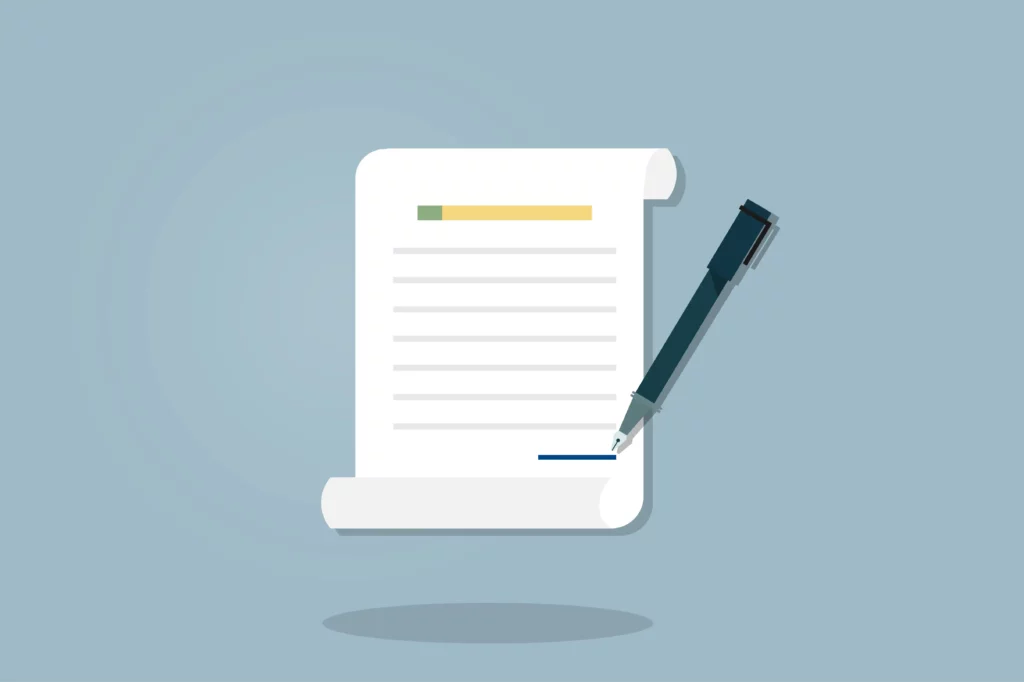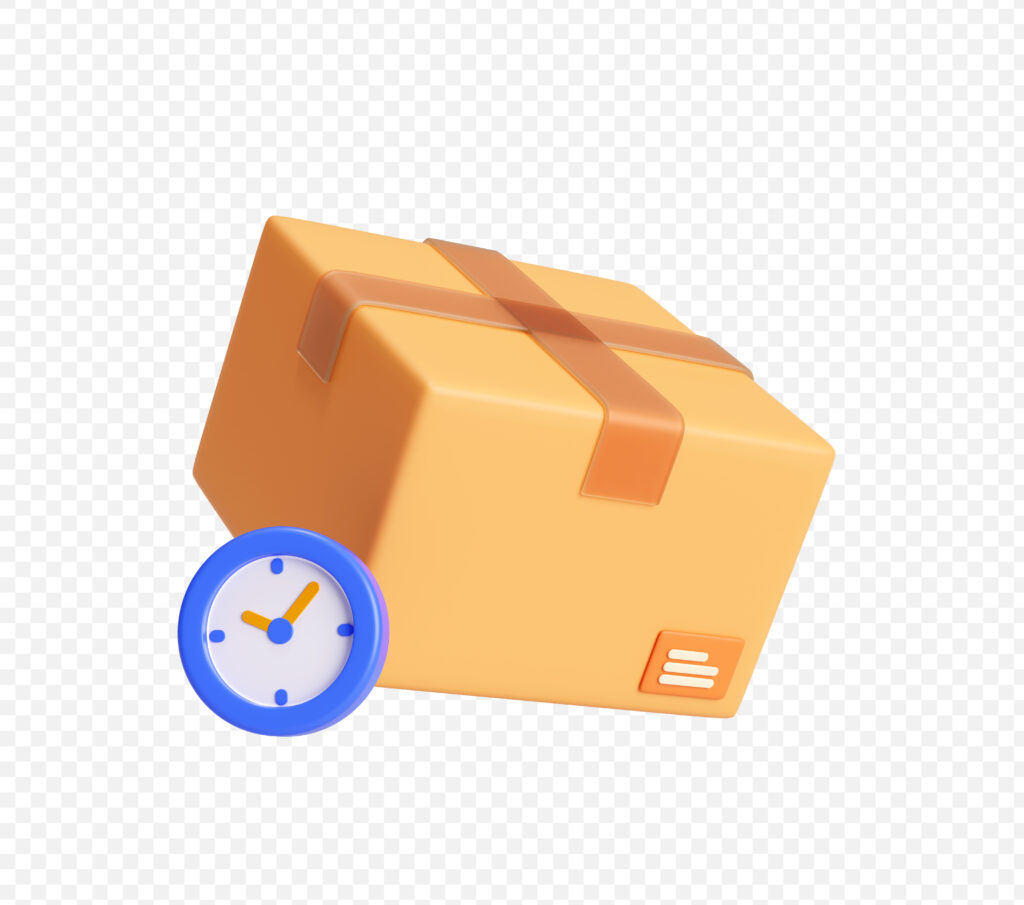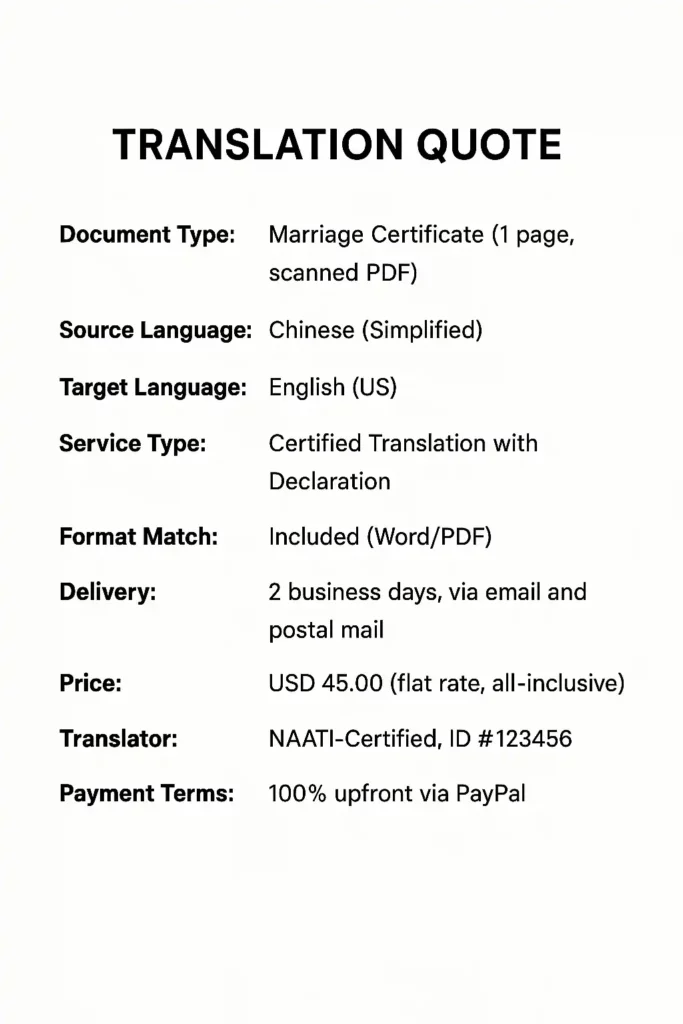If you’ve ever tried to order a translation, you’ve probably asked yourself one simple question: “How much will this cost?” But behind that question lies a surprisingly complex answer. Translation pricing involves multiple factors—language pair, word count, formatting, turnaround time, certifications, and more.
In this article, we’ll walk you through what’s included in a professional translation quote, which variables affect pricing, and what red flags to watch out for—so you can make informed decisions and avoid overpaying.
High-Stakes Chinese Translation: 8 Types of Documents That Are Risky to Translate
Why Does My Translation Cost More Than I Expected?
1. What Is a Translation Quote?
A translation quote is a formal document from a language service provider (LSP) that outlines the price and scope of a translation project. But it’s more than just a number—it’s a service breakdown showing what will be done, when it will be delivered, and how it meets your needs.
A good quote sets clear expectations for both client and translator and helps prevent misunderstandings later on.
2. What You Should See in a Professional Quote
Here’s a breakdown of what you can typically expect:
1. Language Pair
The quote should list both the source and target languages. For example:
From: Chinese (Simplified)
To: English (US)
Uncommon pairs (e.g., Finnish to Thai) tend to cost more due to limited translator availability.
2. Word Count or Page Count
Most translation services are priced either:

Pricing is usually based on:
- Source word (e.g., $0.10/word)
- Target word
- Standard page (typically 250–300 words/page)
- Per document (for certified translations)
Legal or certified documents like diplomas or birth certificates are often priced per page regardless of word count.
3. Content Type or Subject Matter
General business content is cheaper than highly technical, legal, or medical texts. Here are some typical categories:

- General/business
- Legal contracts
- Technical manuals
- Financial reports
- Academic transcripts
- Website content
Specialized topics may require research and subject-matter expertise.
4. Turnaround Time
A typical delivery pace is 2,000–3,000 words per day. If you need something urgently, expect to pay a 20–50% rush fee.
A good quote should include:

Estimated delivery date
Number of business days
Weekend availability (if relevant)
5. Translator Credentials
For official purposes—such as immigration, academic admissions, or legal submissions—certified translators are often required. Common credentials include:

NAATI (Australia)
ATA (USA)
Sworn translator status (France, Germany, and other countries)
In the European Union, the European Commission provides clear guidance on certified translations, explaining when they are legally required and what standards must be met.
6. Formatting or Desktop Publishing (DTP)
Does your document contain tables, images, or layout elements? If so, formatting services may be needed:
- Matching fonts and spacing
- Recreating scanned PDFs
- Handling charts or non-editable files
This may be billed separately or as part of a bundled quote.
7. Optional Add-On Services
Some projects require more than translation. Quotes may include:

Proofreading by a second linguist
Audio/video transcription
Subtitling or dubbing
Translation memory (TM) management
Localization testing
These are common in marketing, training, or multimedia projects.
8. Delivery Format
The quote should mention:

Final file format (Word, PDF, etc.)
Digital or hard copy
Courier costs (if applicable)
Optional digital signature or watermark
For certified translations, physical copies may be required. Confirm what’s included.
9. Payment Terms
Professional quotes come with clear payment terms. Look for:
- Final amount
- Tax inclusion (VAT, GST, etc.)
- Whether upfront payment is required
- Payment methods (bank transfer, PayPal, etc.)
- Discounts for bulk orders or long-term cooperation
3. What Affects Translation Prices?
Let’s look at the top pricing factors:
🔹 Language Pair Availability
Rare pairs are more expensive due to limited translator supply.
🔹 Text Complexity
Legal, technical, or medical content involves greater responsibility and risk—hence higher rates.
🔹 File Format
Editable Word documents are cheaper to process. Scans or images may require OCR or manual reconstruction, adding cost.
🔹 Certification
Certified or sworn translations carry legal weight and involve additional work.
🔹 Volume and Repetition
Larger projects may get volume discounts. Translation memory tools help maintain consistency and reduce cost.
Red Flags in a Translation Quote
Here’s what to avoid:
🚩 No breakdown of costs—just a lump sum
🚩 No delivery timeframe or output format
🚩 No translator credentials
🚩 Suspiciously low prices—likely machine-translated
🚩 Pushy upselling of irrelevant services
🚩 No clear refund or payment policy
If a quote feels vague or rushed, that’s your cue to walk away.
Sample Quote (Simplified)

Document: Diploma, 1 page
Language Pair: Chinese → English
Certified: Yes
Delivery: PDF + hard copy
Turnaround: 2 business days
Total: $40 (includes formatting and certification)
More complex projects (e.g., websites or training modules) can be itemized by page, milestone, or service type.
How to Request a Clear, Accurate Quote
Before you ask for a quote, prepare this:
✅ All relevant documents (including images, if applicable)
✅ Purpose (e.g., immigration, internal use, marketing)
✅ Delivery deadline
✅ Whether you need certification or layout formatting
✅ Preferred file format (e.g., Word, PDF)
✅ Any glossaries or reference material you can share
The more detailed your request, the more accurate the quote—and the smoother your project will go.
Translation isn’t just about switching languages—it’s about preserving meaning and meeting real-world requirements. A well-prepared quote shows you how seriously a provider takes your project.
Don’t be afraid to ask for clarification. A true professional will walk you through every detail and customize their offer to your needs.
Need help with your translation project? Contact us today and we’ll be happy to give you a personalized quote.
